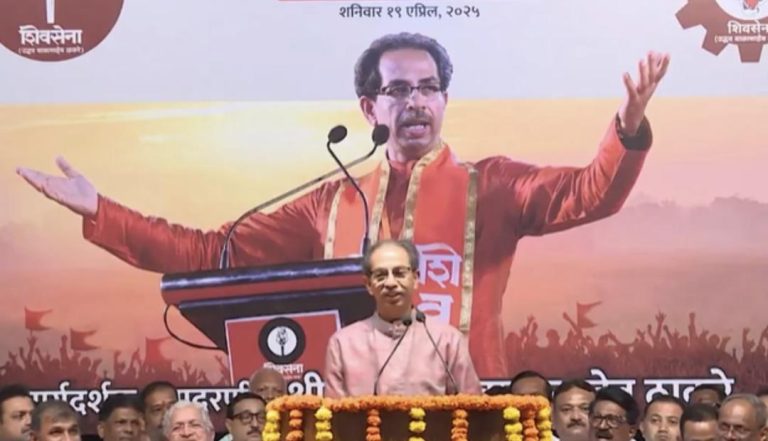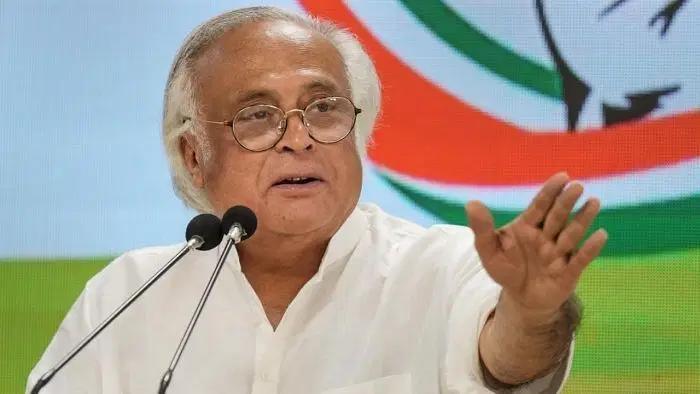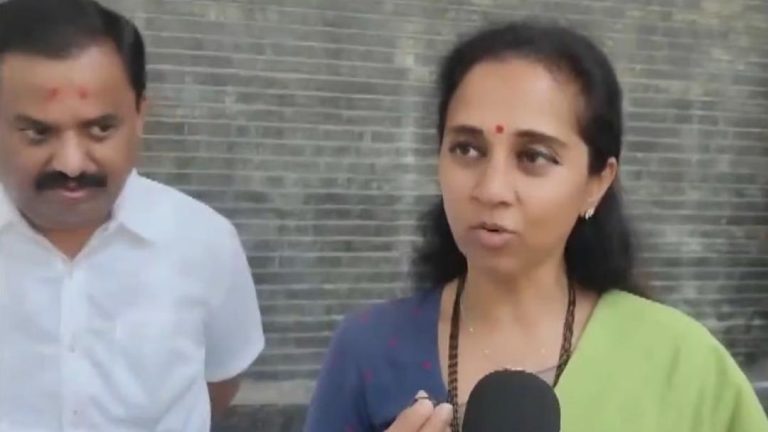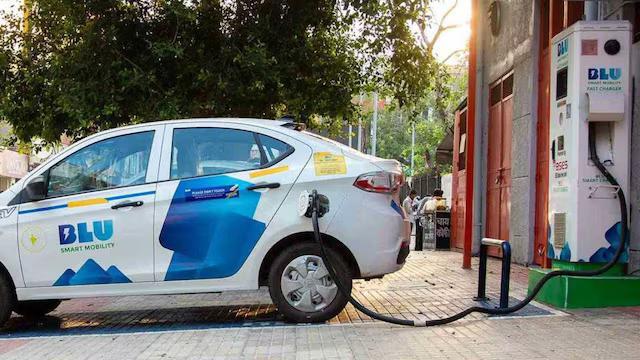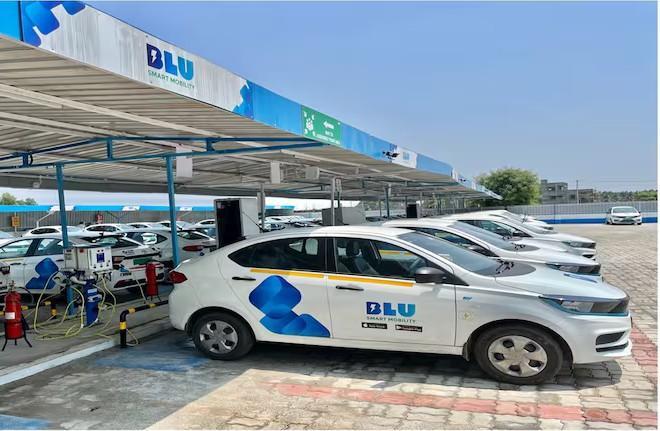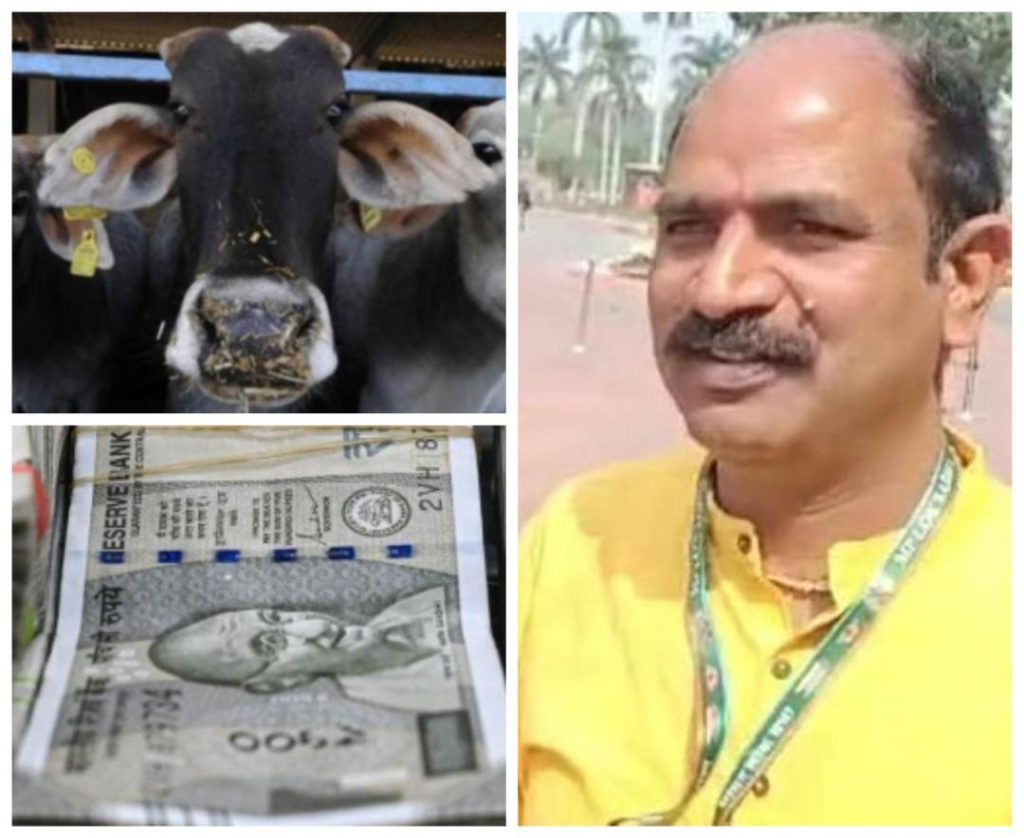
Need to Increase Population: MP on ‘₹50,000 on Girl’s Birth’ Offer
In a shocking and controversial move, Andhra Pradesh MP Kalisetty Appalanaidu has sparked a debate by announcing an offer to give women ₹50,000 if they give birth to a third girl child and a cow if they have a boy. The MP, who belongs to the Telugu Desam Party (TDP), defended his proposal, stating that it is essential to increase the population of the country.
The MP’s offer has raised eyebrows among many, who have questioned the morality and efficacy of such a proposal. Critics have argued that such a move will only promote gender-based discrimination and could lead to further marginalization of women. Others have pointed out that the MP’s proposal is not only regressive but also ignores the complexities and challenges faced by women in Indian society.
However, Appalanaidu has defended his proposal, stating that it is necessary to increase the population of the country. He has argued that the country needs to have a large population to drive economic growth and development. According to him, the population of India is declining, and it is essential to encourage people to have more children to meet the country’s growing needs.
The MP’s proposal has sparked a heated debate, with many experts and social activists weighing in on the issue. Some have argued that the MP’s proposal is a desperate attempt to boost the country’s population, while others have pointed out that it is a misguided and unsustainable approach.
The debate surrounding the MP’s proposal highlights the complex issues surrounding population growth and control in India. The country’s population is projected to reach 1.7 billion by 2050, making it the most populous country in the world. This rapid growth has put a significant strain on the country’s resources, infrastructure, and environment.
The Indian government has been grappling with the issue of population control for decades. In the 1970s, the government launched the Family Planning Programme, which aimed to reduce the country’s population growth rate. The programme was successful in reducing the population growth rate, but it also faced criticism for its coercive methods and lack of access to reproductive health services.
In recent years, the government has shifted its focus towards promoting education and employment opportunities for women as a way to reduce population growth. The government has also launched several initiatives aimed at improving access to reproductive health services, including family planning and maternal health care.
Despite these efforts, the country’s population continues to grow at a rapid rate. The government has been struggling to address the issue, and the MP’s proposal has sparked a renewed debate on the issue.
The MP’s proposal has also raised questions about the role of government in promoting population growth. Some have argued that it is the responsibility of the government to provide resources and services to support population growth, while others have pointed out that it is the individual’s decision whether to have children or not.
The debate surrounding the MP’s proposal highlights the need for a nuanced and inclusive approach to population growth. Rather than promoting gender-based discrimination or coercion, the government should focus on providing education, employment, and reproductive health services to support individuals in making informed decisions about their reproductive health.
In conclusion, the MP’s proposal to give women ₹50,000 if they give birth to a third girl child and a cow if they have a boy has sparked a heated debate on the issue of population growth in India. While the MP’s intentions may be misguided, the debate highlights the need for a nuanced and inclusive approach to population growth. The government should focus on providing education, employment, and reproductive health services to support individuals in making informed decisions about their reproductive health, rather than promoting gender-based discrimination or coercion.
